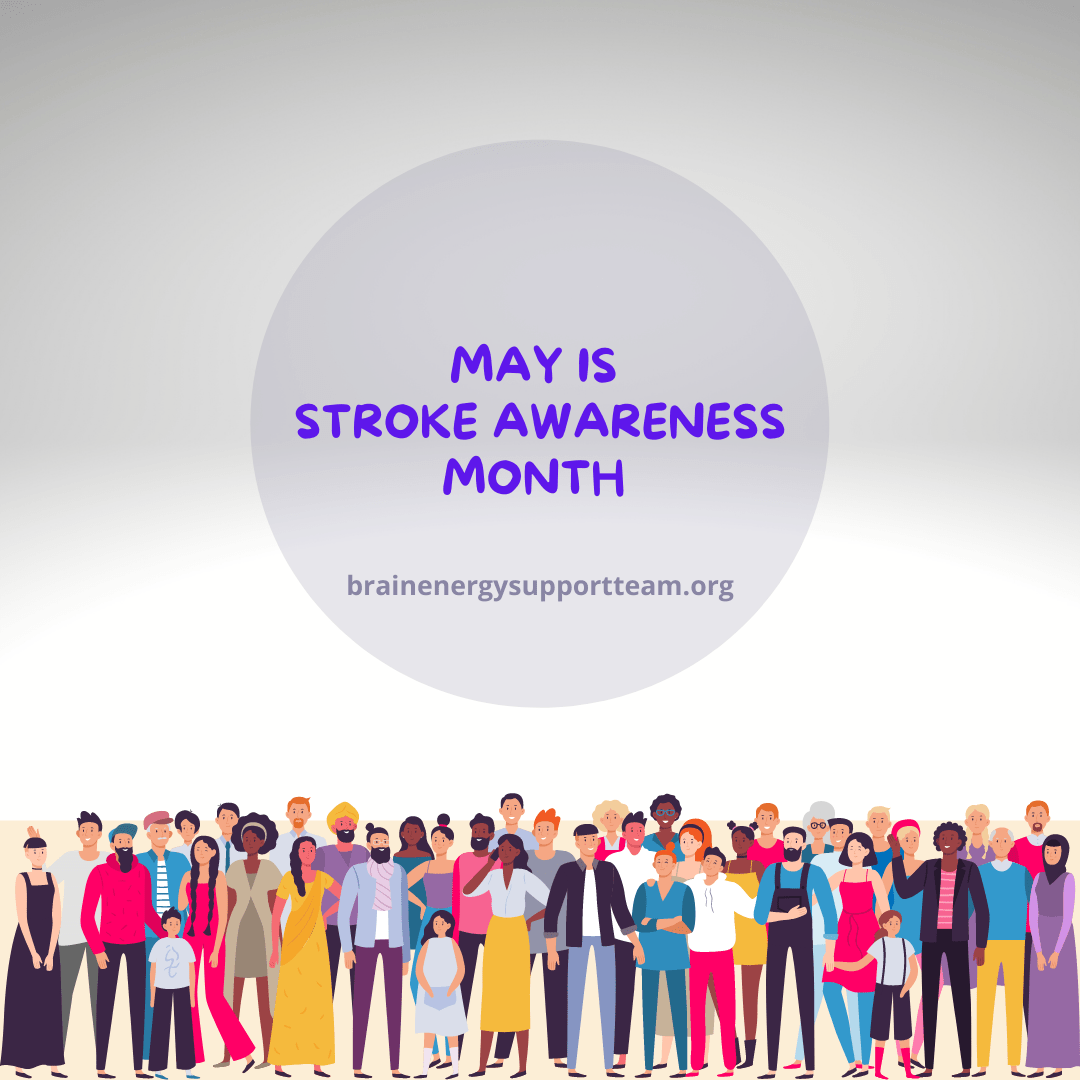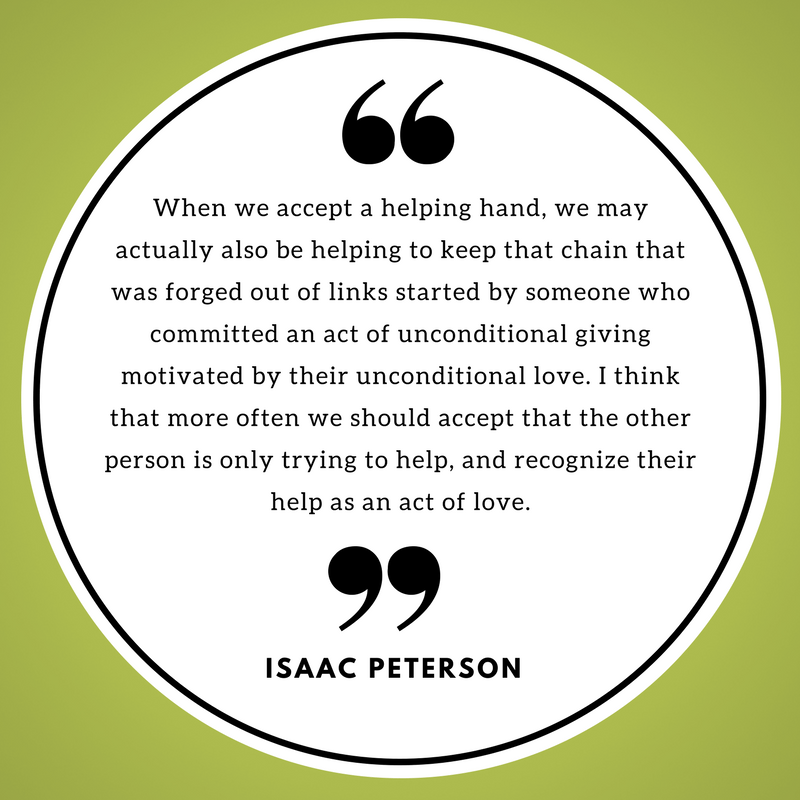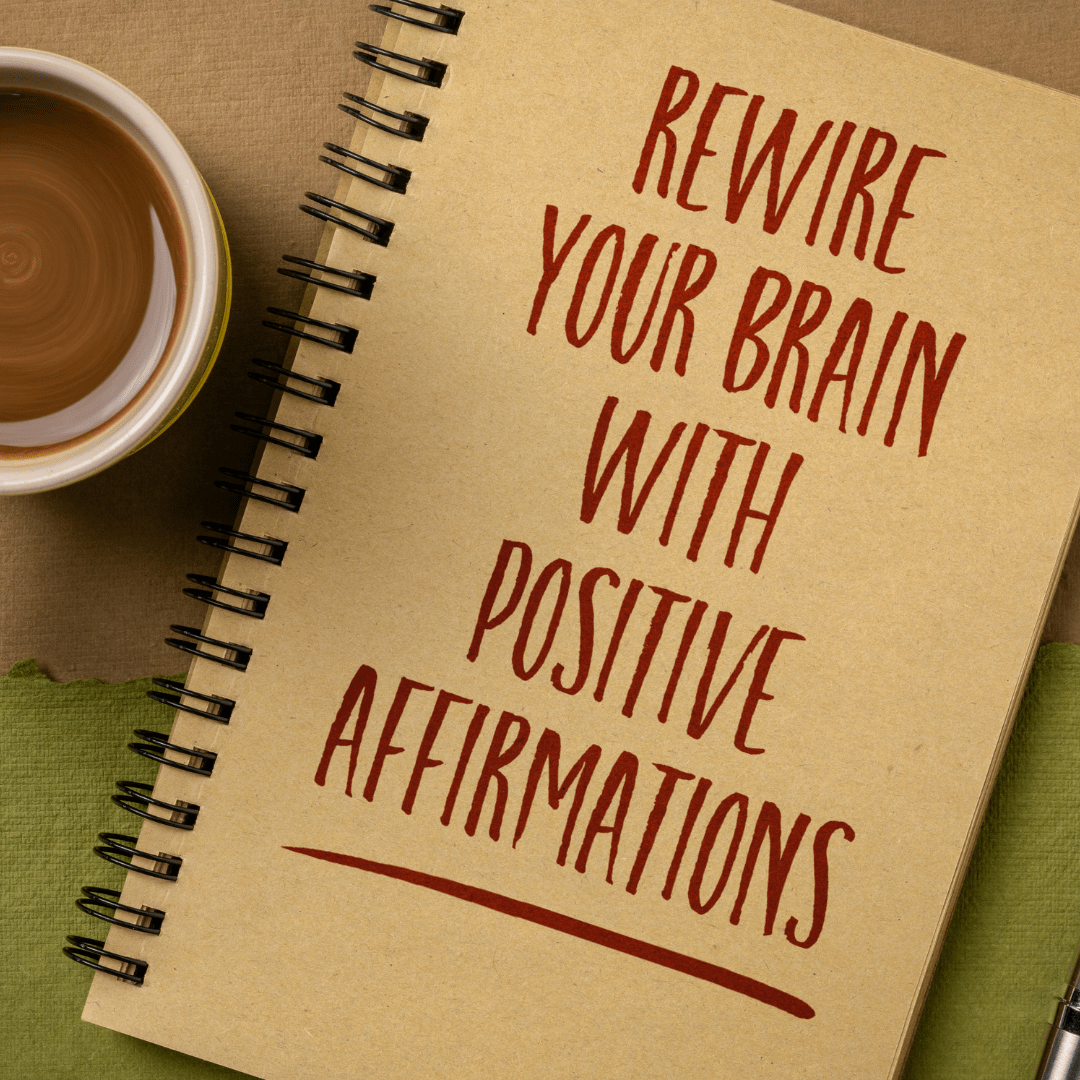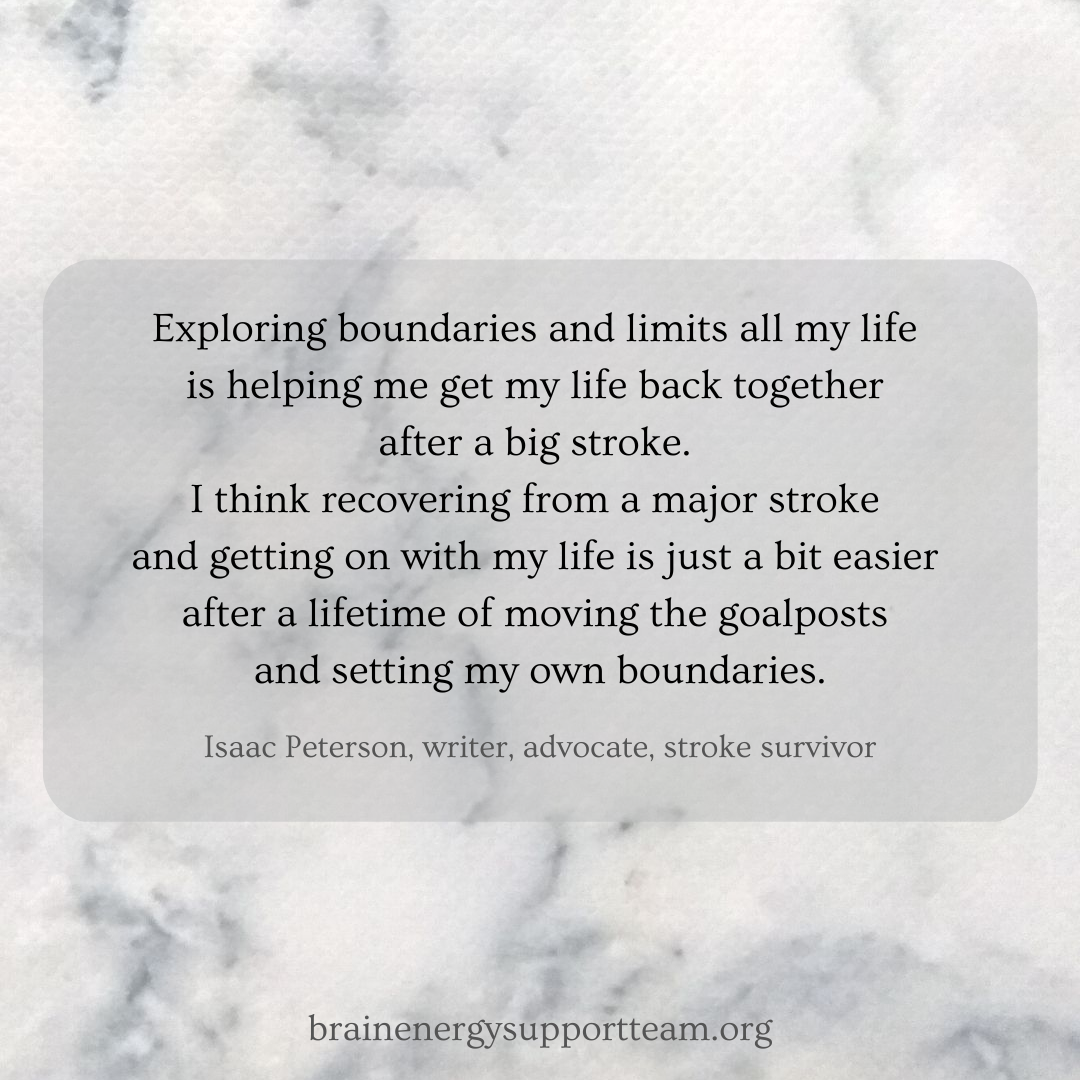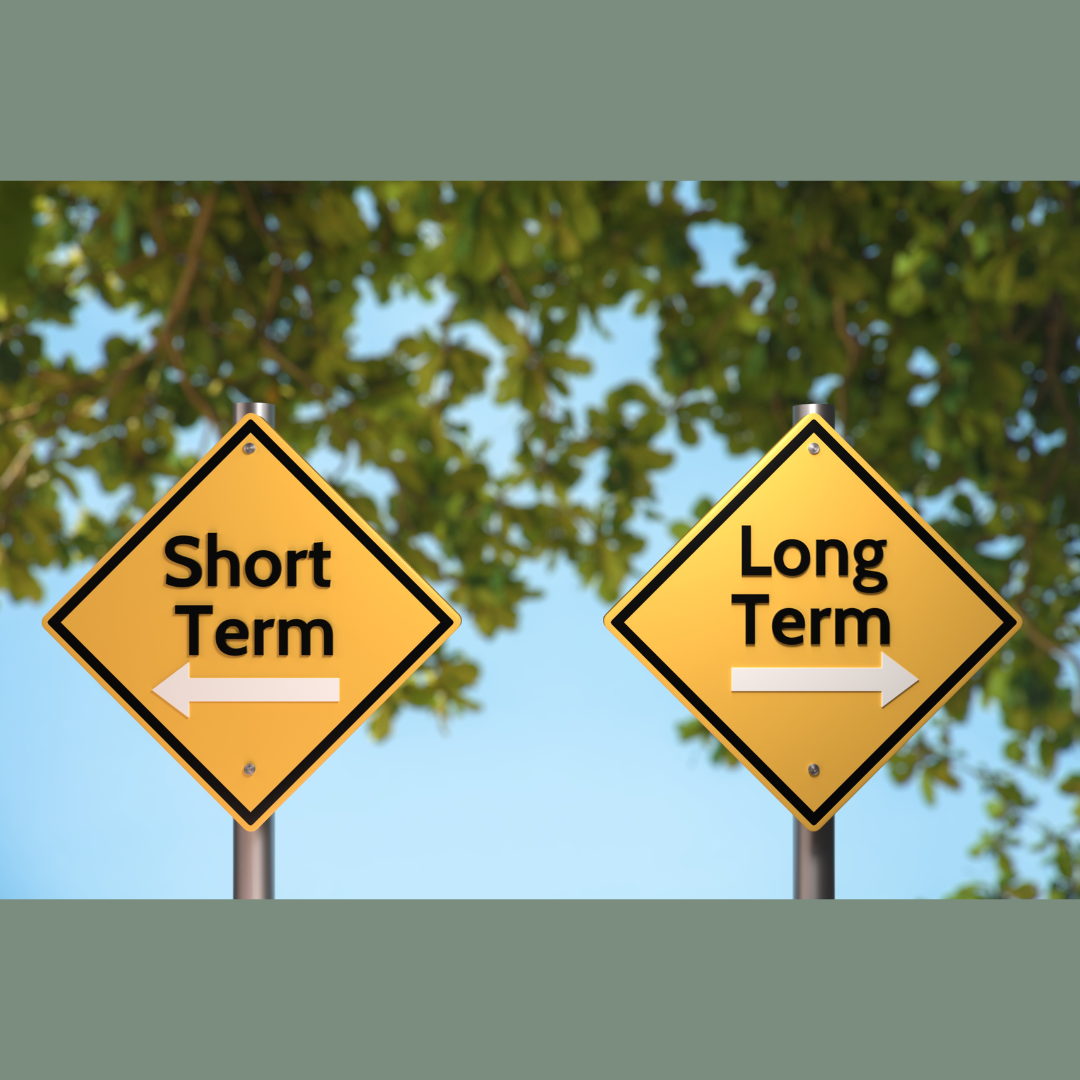I don’t watch much TV these days, but I usually have it on with the volume down and glance up once in a while to see if there’s important breaking news or something. Sometimes when I glance up I see a commercial for a supplement that claims to improve memory.
Does this stuff work?
Does any supplement that claims to improve memory work?
Could it help improve the memories of brain injury survivors?
Let’s see.
There are several over-the-counter memory supplements that claim to reduce short term memory loss. I’m going to focus on the most widely publicized memory supplement, the one that claims it’s made of a protein found in jellyfish. Most of what I found would apply to other over-the-counter supplements as well.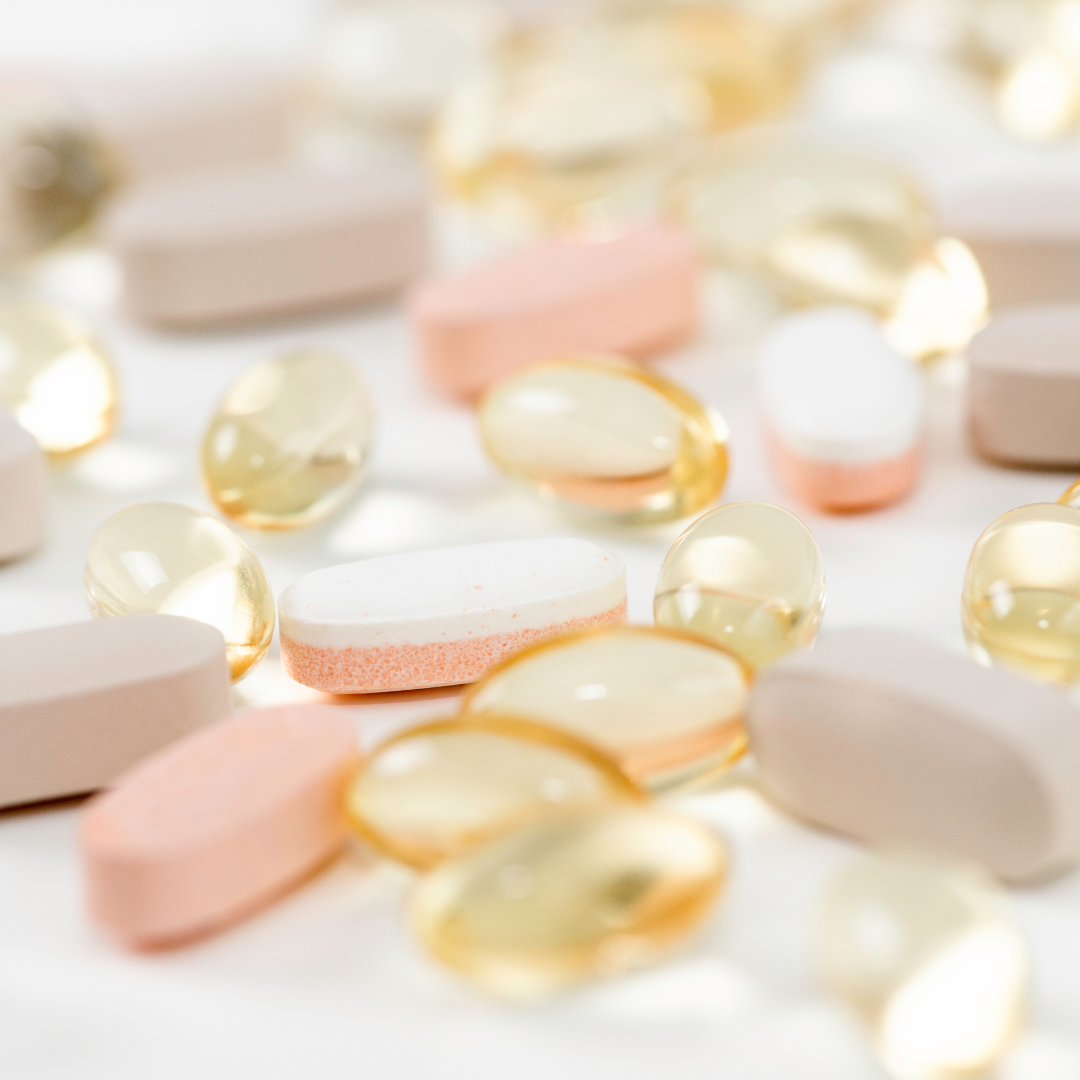
That protein found in jellyfish is called apoaeclorin. Apoaeclorin is a calcium-binding protein. That means it binds with the calcium ion that plays a major role in cellular processes. Research shows a link between calcium and brain health and memory. The problem is that oral supplements that contain the protein probably don’t survive the digestion process, so it wouldn’t reach the brain. In order for apoaeclorin to have any chance of having any positive effect it needs to be injected.
The particular short term memory loss supplement I looked into isn’t approved by either the Food and Drug Administration (FDA) or the Federal Trade Commission (FTC). But they allow pharmaceutical companies to sell supplements directly to consumers as long they don’t claim the product treats, cures or prevents medical conditions.
The FDA and FTC investigated the claims made by the company I focused on and found their advertisements were misleading, especially when they claim to be clinically proven to work. The agencies determined the company’s research was flawed—it didn’t use a large enough sample, and the studies weren’t conducted for long enough periods of time.
There are currently five memory loss medications that are thought to help short term memory:
- Aricept
- Namenda
- Namzaric
- Exelon
- Razadyne
These medications are only available by prescription but are believed to be more effective than the over-the-counter medications. They’re used to treat (not cure) Alzheimer’s disease as they show promise in keeping that disease from getting worse.
The over-the-counter supplements only claim to be effective on the normal memory loss caused by aging, not the result of disease.
I’m obviously not a doctor so I can’t give medical advice, but as friend writing for other friends, I wouldn’t bother with over-the-counter memory supplements.
But all is not lost; there are other options for coping with memory loss. They’re called nootropics, natural substances that have a beneficial effect on brain functioning in healthy people:
- Vitamins like B-12.
- Omega-3 fatty acid that can be found in fish oil supplements and berries, especially blueberries.
- Gingko biloba, an herbal substance found in the gingko biloba tree. It’s thought to increase blood flow to the brain and improve focus and memory. It can be found in stores and online.
- Resveratrol, found in the skin of red and purple fruits like grapes, raspberries and blueberries.
- Creatine, found in fish, eggs and fish.
- Phosphatidylserine, a supplement is thought to be helpful in maintaining brain health and can be found in vitamin stores or purchased online.
- Acetyl-L-carnitine, a naturally occurring amino acid thought to be useful in slowing age-related memory decline and can be used as a dietary supplement.
 | Isaac Peterson grew up on an Air Force base near Cheyenne, Wyoming. After graduating from the University of Wyoming, he embarked on a career as an award-winning investigative journalist and as a semi-professional musician in the Twin Cities, the place he called home on and off for 35 years. He doesn’t mind it at all if someone offers to pick up his restaurant tab and, also, welcomes reader comments. Email him at isaac3rd@gmail.com. Read more articles by Isaac here; https://www.brainenergysupportteam.org/archives/tag/isaac-peterson |
|---|

